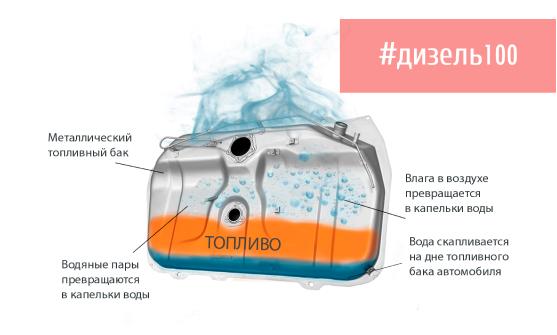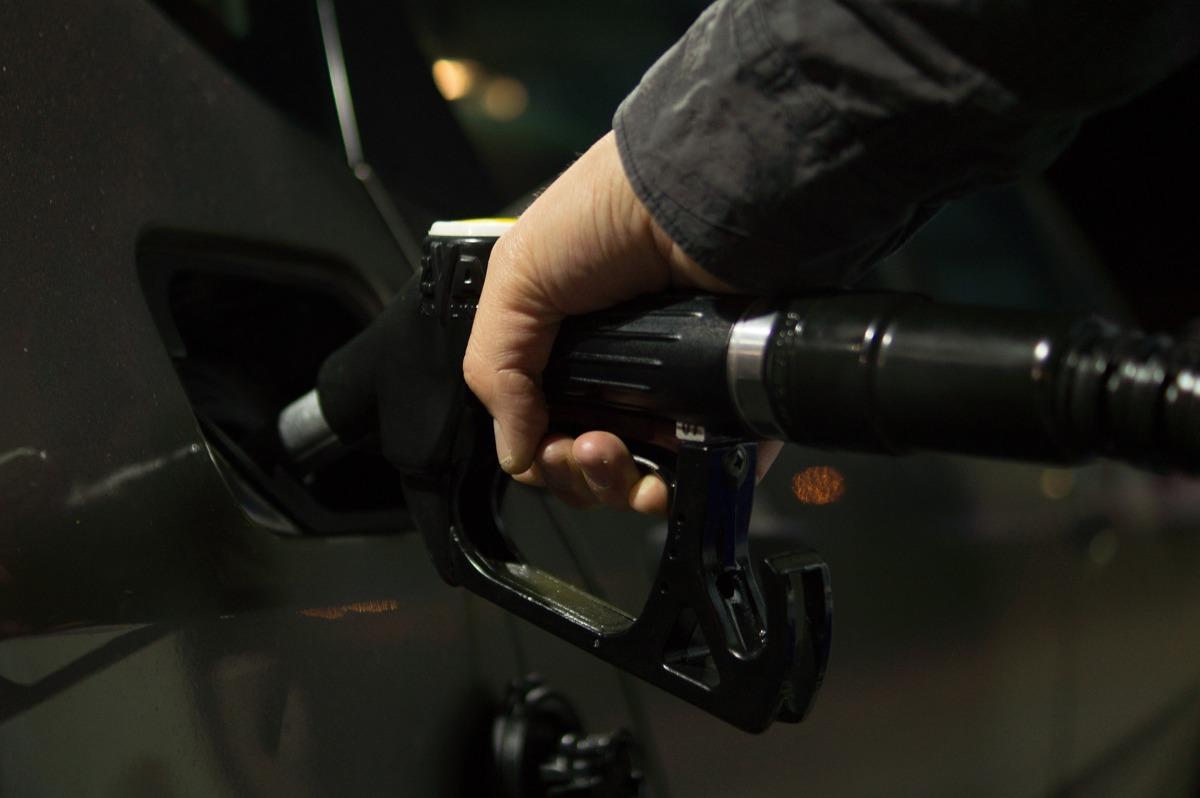
Water in the fuel system. What is the reason and how to fix it?
 The autumn-winter period is a difficult test for the fuel system. The accumulated moisture can immobilize the vehicle and cause corrosion.
The autumn-winter period is a difficult test for the fuel system. The accumulated moisture can immobilize the vehicle and cause corrosion.
Almost every motorist has at least heard of such a phenomenon as “water in fuel”. This is not about the so-called baptized fuel sold by unscrupulous gas station owners, but for the water that accumulates in the fuel system.
We look into the tank
The fuel tank is the main part of the car where water accumulates. But where does it come from if we only fill the tank with fuel? Well, the space in the tank is filled with air, which, as a result of temperature changes, condenses and produces moisture. This applies to a lesser extent to plastic tanks, but in the case of classic tin tanks, it sometimes poses a serious problem. The tin walls of the fuel tank heat up and cool down even in winter. These are ideal conditions for moisture to escape from the inside of the tank.
If there is a lot of fuel in the tank, there is not much room for moisture to show up. However, when the user of the car deliberately drives with a nearly empty tank (which is a common occurrence in the case of owners of cars with LPG), then moisture, i.e. water just pollutes the fuel. This forms a mixture that adversely affects the entire fuel system. Water in the fuel is a problem for any type of engine, including those running on autogas, because the engine runs on gasoline for a while before switching to gas.
System crashes
Why is water in fuel dangerous? Fuel system corrosion at best. Water is heavier than fuel and therefore always accumulates at the bottom of the tank. This, in turn, contributes to the corrosion of the tank. But water in the fuel can also corrode the fuel lines, fuel pump, and injectors. In addition, both gasoline and diesel lubricate the fuel pump. In the presence of water in the fuel, these properties are reduced.
The editors recommend:
How to use a car with a particulate filter?
Favorite cars of Poles in 2016
Speed camera records
The issue of lubrication of the fuel pump is especially relevant in the case of cars with gas engines. Despite the gas supply to the engine, the pump usually still works, pumping gasoline. If the fuel tank is low, the pump may sometimes suck in air and thus seize. In addition, the fuel pump and injectors can be damaged by the suction of rust particles from the fuel tank.
Winter problems
The water contained in the fuel can effectively immobilize the car, especially in winter. If there is a lot of water in the fuel system, ice plugs can form in the filter and lines, even in slight frosts, which will cut off the fuel supply. It does not matter if such a plug forms on the fuel filter. Then, to start the engine, it is enough to replace only this element. If ice crystals clog the fuel line, then the only solution is to tow the car to a room with positive temperature. Winter problems with the ingress of moisture into the fuel system also affect users of cars with diesel engines.
